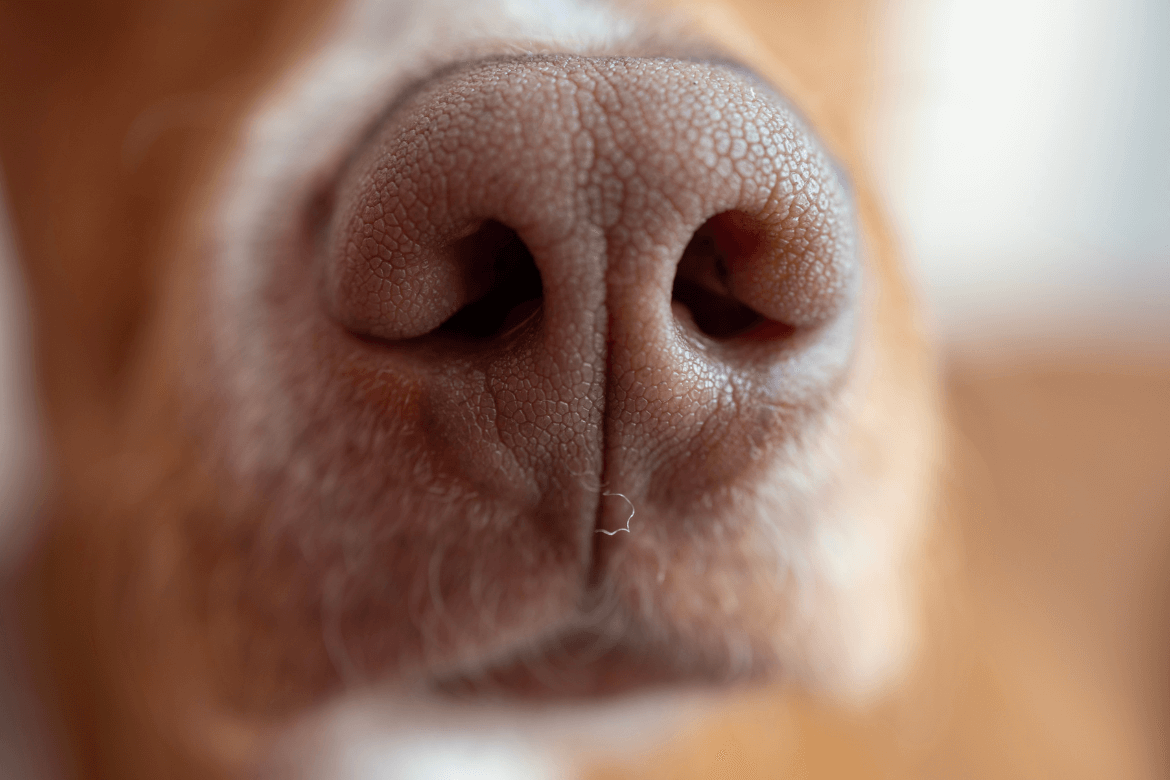O que é Parametrização
What is Parameterization?
Parameterization refers to the process of defining and adjusting parameters within a system or model to optimize its performance or functionality. In the context of dog training, parameterization can involve setting specific training goals, adjusting techniques based on a dog’s behavior, and tailoring approaches to meet the unique needs of each canine. This method ensures that training is effective and adaptable, allowing for a more personalized experience for both the dog and the owner.
The Importance of Parameterization in Dog Training
Understanding the significance of parameterization in dog training is crucial for achieving desired outcomes. By establishing clear parameters, trainers can measure progress, identify areas needing improvement, and adjust their strategies accordingly. This systematic approach not only enhances the training experience but also fosters a deeper bond between the dog and its owner, as both parties work towards common goals.
How Parameterization Works in Practice
In practice, parameterization involves several steps, including assessment, goal setting, and ongoing evaluation. Initially, trainers assess the dog’s current behavior and skills, identifying strengths and weaknesses. From there, specific training goals are established, such as improving obedience, socialization, or agility. Throughout the training process, trainers continuously evaluate the dog’s progress, making necessary adjustments to the parameters to ensure optimal results.
Examples of Parameterization in Dog Training
Examples of parameterization in dog training can vary widely depending on the dog’s breed, age, and individual temperament. For instance, a trainer might set parameters for a puppy learning basic commands, focusing on short, frequent training sessions to maintain the puppy’s attention. Conversely, a more mature dog might require longer sessions with more complex commands, necessitating a different set of parameters to ensure effective learning.
Benefits of Parameterization for Dog Owners
For dog owners, the benefits of parameterization are manifold. It allows for a structured training approach that can lead to quicker results and a more enjoyable experience for both the dog and the owner. By understanding and applying parameterization, owners can feel more confident in their training methods, leading to a more obedient and well-adjusted pet. Additionally, this approach can reduce frustration and increase the likelihood of successful training outcomes.
Challenges in Parameterization
Despite its many advantages, parameterization in dog training can present challenges. One common issue is the variability in a dog’s response to different training methods, which may require constant adjustments to the parameters. Additionally, owners may struggle with consistency in applying the defined parameters, leading to confusion for the dog. Overcoming these challenges requires patience, persistence, and a willingness to adapt strategies as needed.
Parameterization and Behavioral Modification
Parameterization plays a vital role in behavioral modification for dogs. By setting specific parameters for addressing undesirable behaviors, trainers can create targeted strategies that focus on positive reinforcement and gradual desensitization. This structured approach not only helps in correcting unwanted behaviors but also promotes a more positive learning environment, fostering trust and cooperation between the dog and its owner.
Using Technology for Parameterization
In today’s digital age, technology can greatly enhance the parameterization process in dog training. Various apps and devices allow trainers to track a dog’s progress, set reminders for training sessions, and adjust parameters based on real-time feedback. This integration of technology can streamline the training process, making it easier for owners to stay organized and focused on their goals.
Future Trends in Parameterization for Dog Training
Looking ahead, the future of parameterization in dog training is likely to be influenced by advancements in technology and a growing understanding of canine behavior. As more trainers adopt data-driven approaches, we can expect to see more personalized training programs that cater to individual dogs’ needs. This evolution will not only improve training outcomes but also enhance the overall relationship between dogs and their owners.


